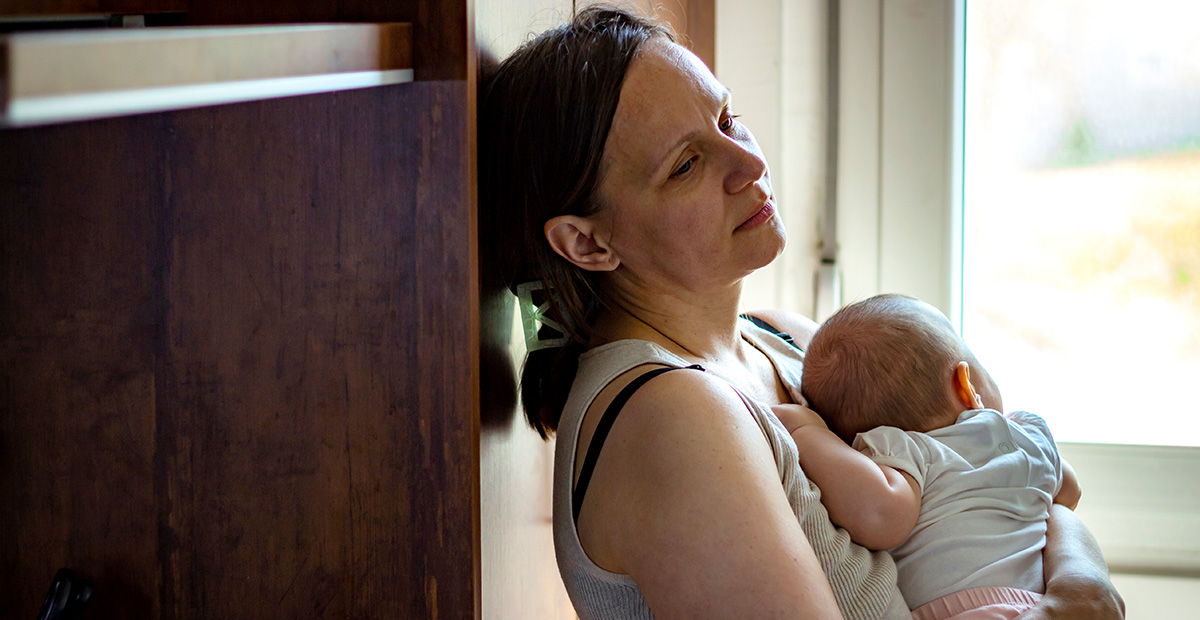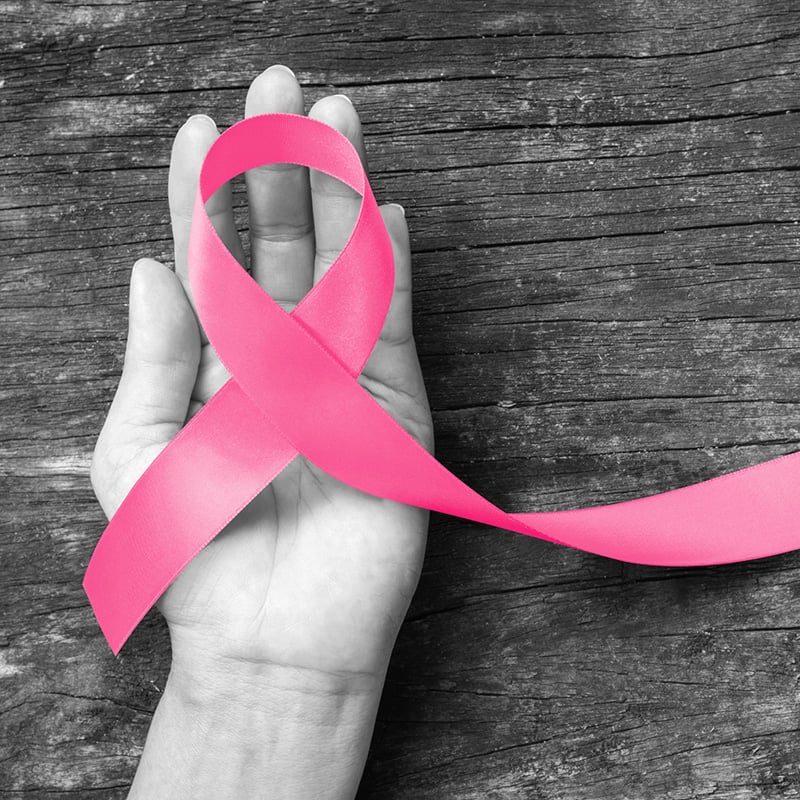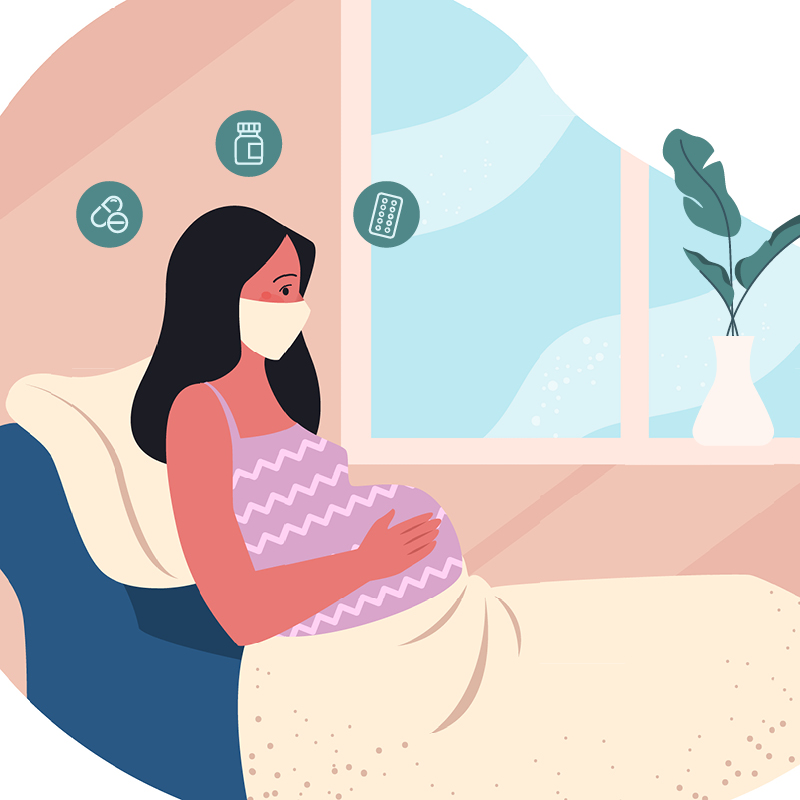Bringing a baby into the world comes with a swirl of emotions. While joy and excitement are often among those emotions for new mothers, anxiety tends to come alongside those feelings.
For some mothers, that anxiety never goes away and can start to affect how they interact with their newborn – and friends and loved ones. This is called postpartum anxiety and affects an estimated 10-20 percent of all women who give birth.
To learn how to recognize postpartum anxiety and treat its symptoms, we spoke with Jennifer Richman, MD, the Associate Director for the Psychiatric Medicine Residency Program at Rochester General Hospital.
Recognizing the signs of postpartum anxiety
Postpartum anxiety is often described as chronic overwhelming feelings of anxiety after giving birth to or adopting a baby. These feelings of anxiety can last for as long as a year.
Some symptoms of might include:
- Trouble sleeping
- Irritability
- Panic attacks
- Physical symptoms (heart racing, nausea, loss of appetite)
- Chronic and excessive worry
Much of the chronic anxiety and excessive worrying tends to be about things that are very unlikely to happen, such as checking on a baby’s breathing every 30-60 minutes overnight or avoiding walking down any stairs due to a fear of dropping the baby.
“Postpartum panic attacks and postpartum obsessive compulsive disorder are included in this category of anxiety,” Dr. Richman said. “This might focus around some obsessive thoughts. For example, you might become fixated on germs and preventing illness, so you do things to decrease that risk like excessively washing your baby or excessively washing your hands.”
Diagnosing and treating postpartum anxiety
Some women who already struggle with anxiety may have an increased risk of developing postpartum anxiety. Research suggests women who experience depression and/or postpartum depression also face an increased risk.
Those who have a history of pregnancy loss, had a child who passed away, or previously had a baby with serious medical conditions also face an increased risk of postpartum anxiety.
Healthcare providers will diagnose someone as a postpartum anxiety through looking at their symptoms and their personal health history. There are no tests performed to make this diagnosis.
“Making a postpartum anxiety diagnosis is more about recognizing those symptoms, and seeing how far outside that experience is from what the patient considers to be normal for them,” Dr. Richman said.
Non-medication treatment for postpartum anxiety
As with most health conditions, there are lifestyle changes a person can make to help reduce their symptoms.
- Getting good sleep (easier said than done)
- Cognitive behavioral therapy
- Mindfulness exercises
- Taking a few minutes away from the baby
Medications to treat postpartum anxiety
Providers will prescribe antidepressants – specifically SSRIs – for women with postpartum anxiety to help relieve their symptoms. Research shows these medications are effective, especially when combined with at least one of the non-medication treatments above.
Dr. Richman recommends using medication and non-medication interventions together. Medications usually start working within 4-6 weeks of the patient’s start date; lifestyle change techniques often take several weeks to months to reach their desired effect.
“These treatment options can help you gain control over your anxiety, which comes from the sense of lack of control,” Dr. Richman said. “Anxiety is fairly normal. We want to help you enjoy your baby and use the help you have around you.”










